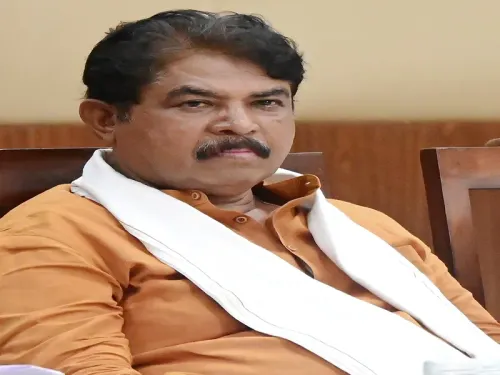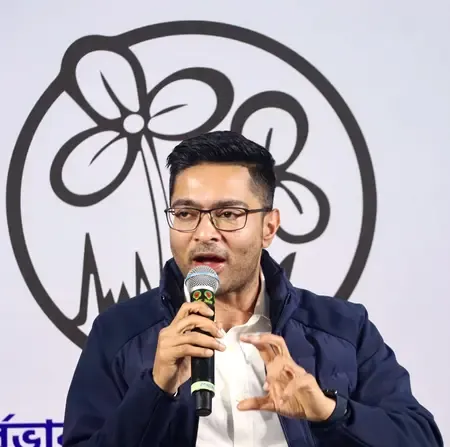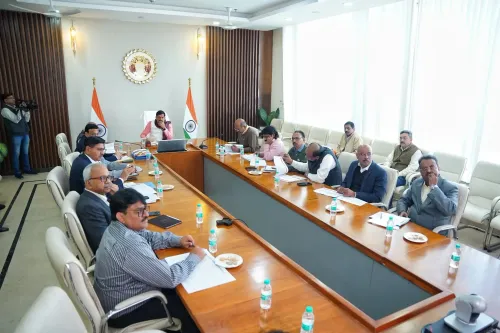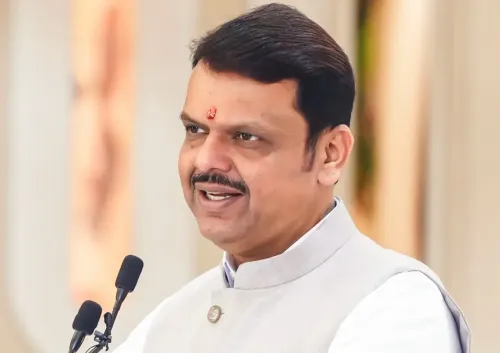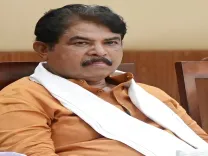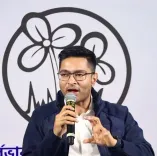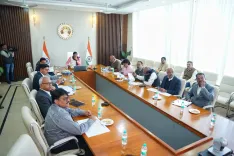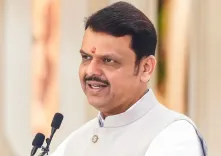Why is Women's Welfare Crucial for Strong and Empowered Families? Arunachal Guv Shares Insights
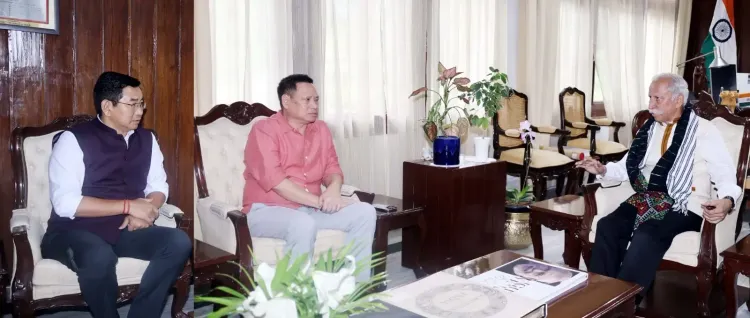
Synopsis
Key Takeaways
- Women’s health is foundational for strong families.
- Urgent need for a nationwide health initiative.
- Collaborative efforts are essential for effective healthcare.
- Healthcare should encompass empathy and respect.
- Access to quality medical care is critical, especially in remote areas.
Itanagar, Sep 16 (NationPress) Arunachal Pradesh Governor Lt. General K.T. Parnaik (Retd.) emphasized the necessity for a robust nationwide initiative focused on women’s health to be executed in the state with urgency and collaborative commitment.
A representative from Raj Bhavan mentioned that the state’s Health and Family Welfare Minister, Biyuram Wahge, met with the Governor on Tuesday to discuss the state’s health challenges and the launch of the 'Swasth Nari, Sashakt Parivar Abhiyaan' alongside the 8th Poshan Maah by Prime Minister Narendra Modi.
The Governor underscored that the escalated national campaign concerning various aspects of women’s health should be executed in Arunachal Pradesh with a mission-oriented approach, highlighting its significance. He pointed out that the well-being of women is not only essential for their individual lives but also lays the groundwork for a robust, healthy, and empowered family.
According to Lt. General Parnaik (Retd.), a woman’s good health nurtures future generations and directly contributes to the creation of a resilient society. He further stressed the need for enhancing the health delivery system to ensure quality medical care, preventative measures, and awareness initiatives reach every woman, especially in remote and underserved areas.
He called upon all stakeholders to collaborate to guarantee accessible, affordable, and effective healthcare for women across the state. Lt. General Parnaik (Retd.) advised the Minister to ensure the health sector is adequately equipped with skilled personnel and the effective application of modern technologies. He further highlighted that healthcare transcends treatment; it encompasses empathy, reassurance, and mutual respect.
Adviser to the Health Minister, Dr. Mohesh Chai, MLA, joined Minister Wahge during this meeting.
In the meantime, Health and Family Welfare Minister Wahge previously urged the media to disseminate positive and constructive messages about healthcare, stressing the significance of collaboration between the medical community and the public. After engaging with various medical organizations, he conveyed to the media that healthcare is a collective responsibility, not solely the duty of doctors.


